What are the Causes of Diarrhea and Vomiting? How to Treat?
- Home
- What are the Causes of Diarrhea and Vomiting? How to Treat?
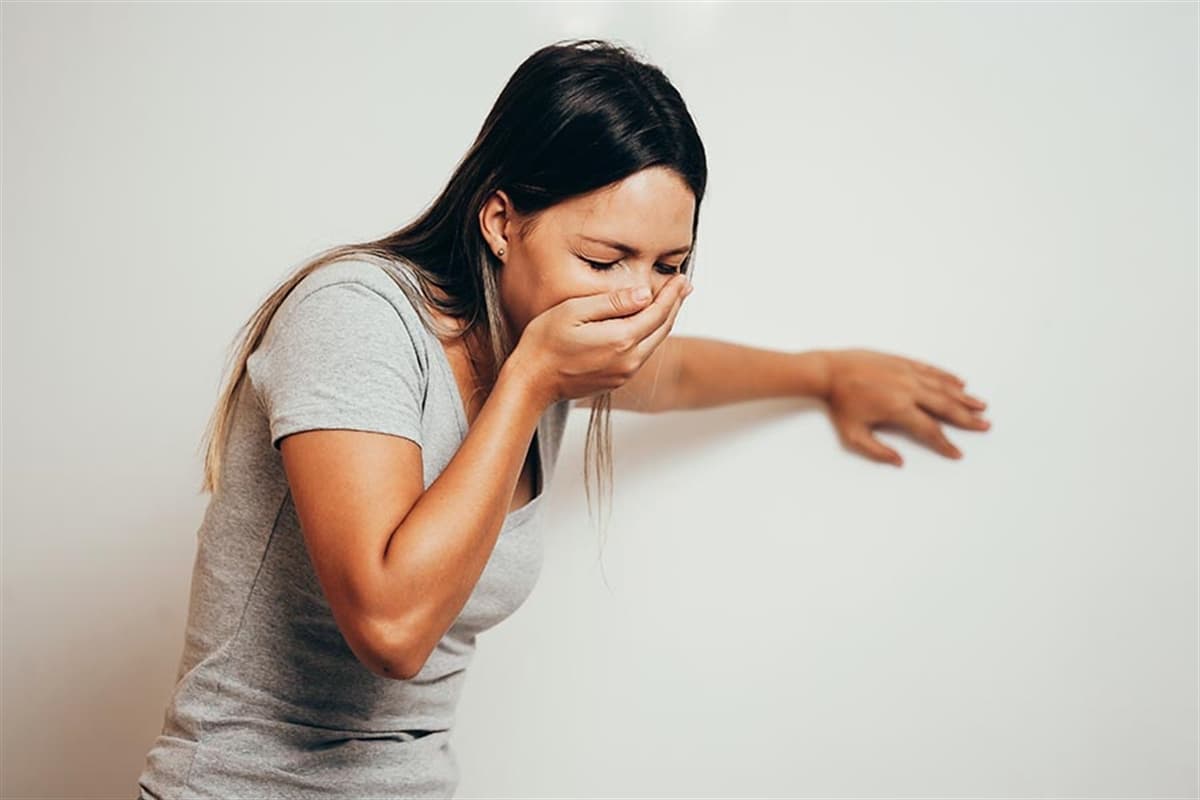
Diarrhea and vomiting; It can frequently be seen in adults, children and infants. Although there are many causes of diarrhea and vomiting, this condition is usually caused by an infection in the stomach and is expected to pass within a few days. Whether your diarrhea and vomiting occur together or separately, the recommendations for action are similar.
What Should Be Done for Diarrhea and Vomiting?
In case of diarrhea and vomiting, it is usually possible to treat yourself or your child at home. The most important thing to do in this situation is to drink plenty of fluids to prevent dehydration.
- Stay home and rest.
- Drink water or plenty of fluids. If you have difficulty, take small sips.
- Continue to breastfeed or bottle feed your baby. If they are getting sick, try feeding them more often and in smaller amounts than usual.
- While feeding babies with formula or solid foods, give water in small sips in between.
- There is no harm in eating when you feel able to eat. You don't have to eat certain foods or avoid certain foods.
- If you feel uncomfortable, you can drink paracetamol. Be sure to check the leaflet before giving it to your child.
What Should Not Be Done In Case of Diarrhea and Vomiting?
- Avoid consuming fruit juice or carbonated drinks. These types of drinks can worsen diarrhea.
- Do not use less baby food than necessary, continue using it at the usual intensity.
- Do not give any medicine to stop diarrhea to children under 12 years of age.
- Do not give aspirin to children under 16 years of age.
How Long Does Diarrhea and Vomiting Last?
In adults and children:
- Diarrhea usually ends within 5 to 7 days.
- Vomiting usually ends within 1 or 2 days.
When Should We Return To Normal Life?
Stay away from school or work until at least 2 days after the diarrhea is over and you no longer feel sick. If you have a high fever or do not feel well enough to do your daily activities, be sure to stay home until you feel better.
What Should Be Done to Prevent the Spread of Infection?
- Wash your hands frequently with soap and water.
- Wash any clothing or bedding that has feces or vomit on it at high temperatures, separately from other clothing.
- Clean toilet seats, flush buttons, faucets, toilet surfaces and door handles every day.
- Do not share your towels, underwear, cutlery or kitchen utensils with others.
- Do not use the swimming pool until 2 weeks after symptoms have passed.
What are the Causes of Diarrhea and Vomiting?
It is often not possible to know exactly what causes diarrhea and vomiting, but the main causes of diarrhea and vomiting are treated in the same way. The most common causes are:
- A stomach infection (gastroenteritis)
- Norovirus
- Food poisoning
Diarrhea can also be caused by:
- Some medicines (Check the leaflets to see if diarrhea is a side effect)
- Food intolerance or food allergy
- Irritable bowel syndrome (IBS)
- Inflammatory bowel disease
- Celiac disease
- Diverticular disease
The following situations may also cause vomiting:
- Pregnancy
- Migraine
- Labyrinthitis
- Some medications (Check the leaflets to see if vomiting is a side effect)
- Reflux (Baby trying to regurgitate food)
- Other infections (such as urinary tract infection)
In Which Situations Should You Call 112?
- Vomiting blood or vomiting a color similar to ground coffee.
- If vomiting is green or yellow-green in color.
- If there is a possibility that something poisonous has been swallowed.
- If there is stiffness in the neck or pain when looking at bright lights.
- If you have a sudden, severe headache or stomach ache.
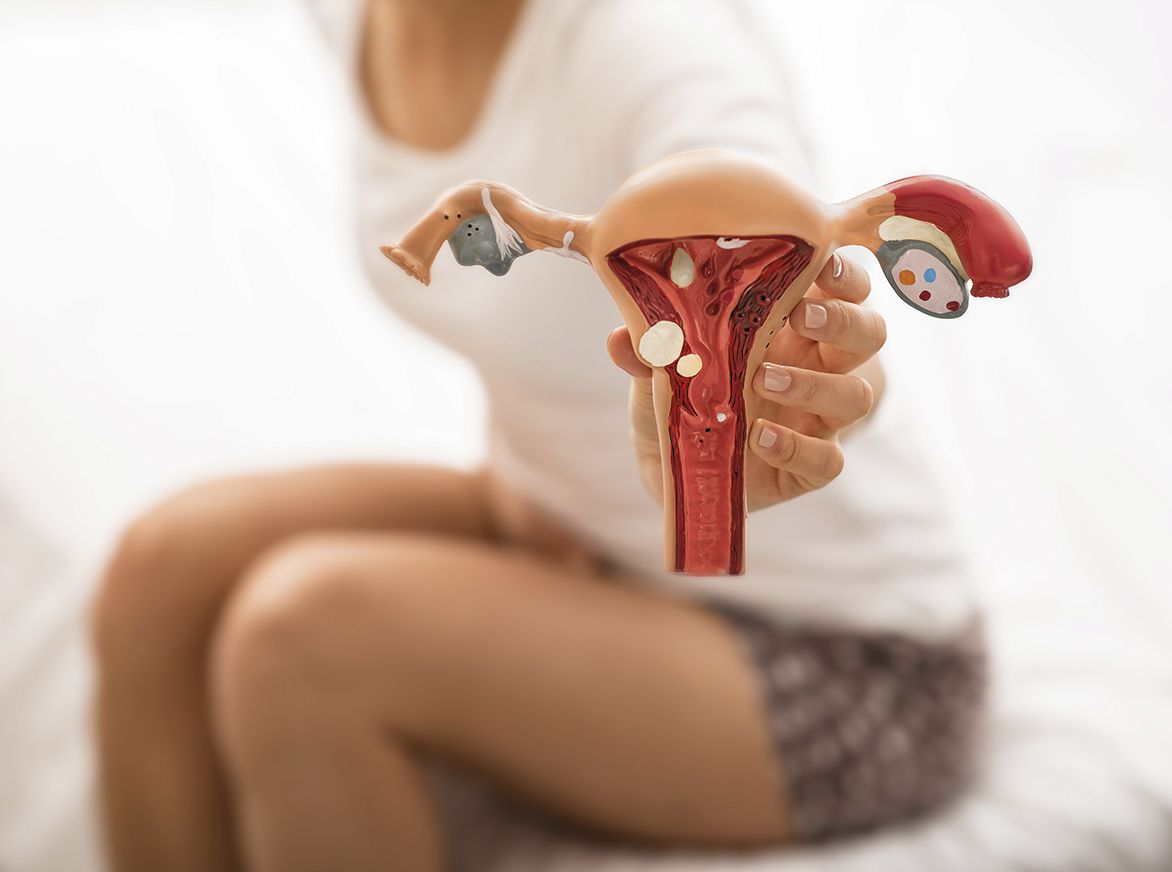 What is Endometriosis (Chocolate Cyst)? What are the symptoms? How to Treat?
What is Endometriosis (Chocolate Cyst)? What are the symptoms? How to Treat? 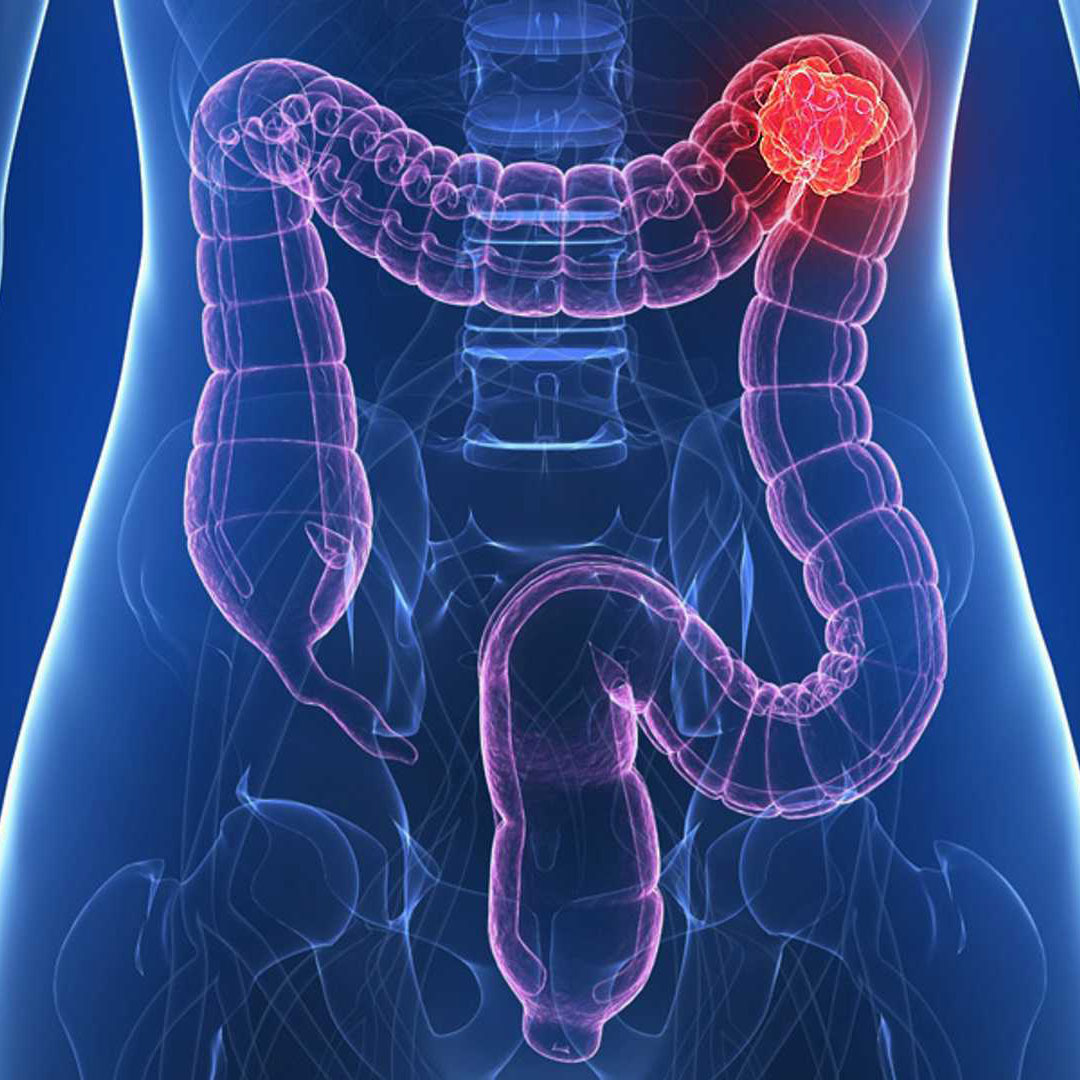 Colon Cancer (Symptoms, Stages, Treatment)
Colon Cancer (Symptoms, Stages, Treatment) 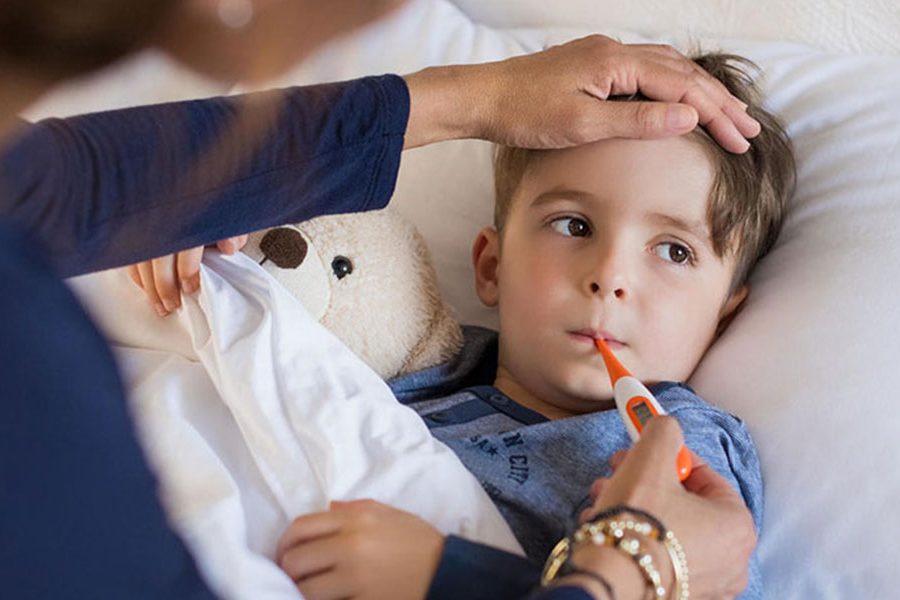 Influenza (Flu) in Children
Influenza (Flu) in Children 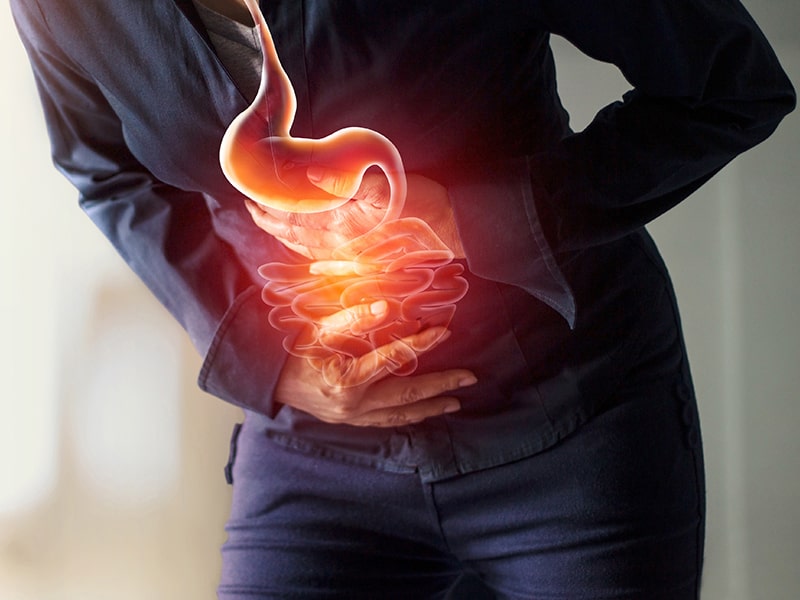 Stomach Cancer Symptoms and Treatment Methods
Stomach Cancer Symptoms and Treatment Methods 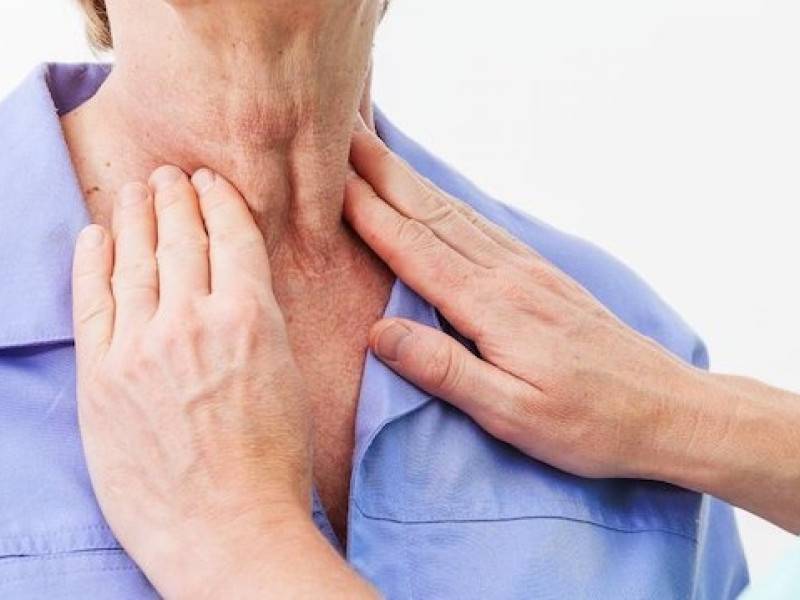 What is Lymph Node Swelling? What Are The Reasons?
What is Lymph Node Swelling? What Are The Reasons? 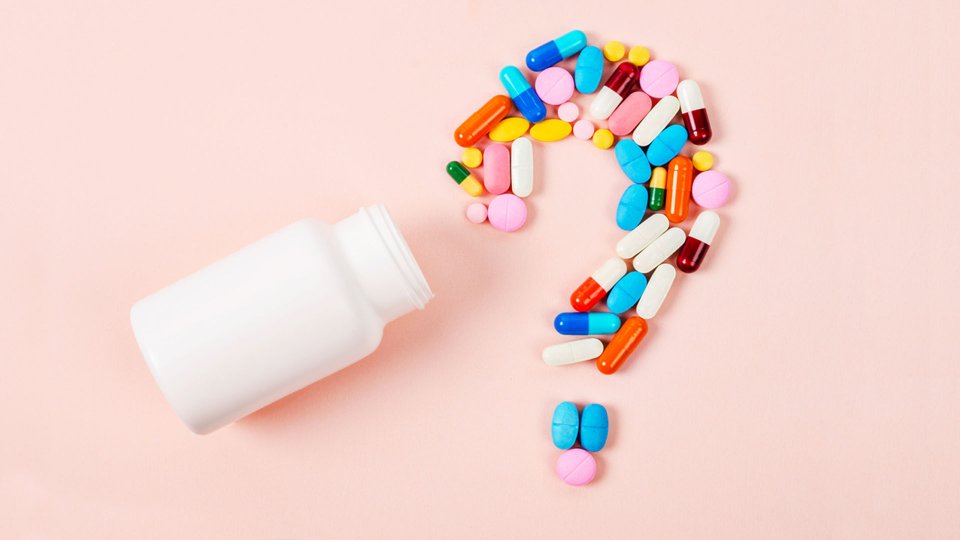 When to Use Antibiotics? What are the side effects? What is Antibiotic Resistance?
When to Use Antibiotics? What are the side effects? What is Antibiotic Resistance? 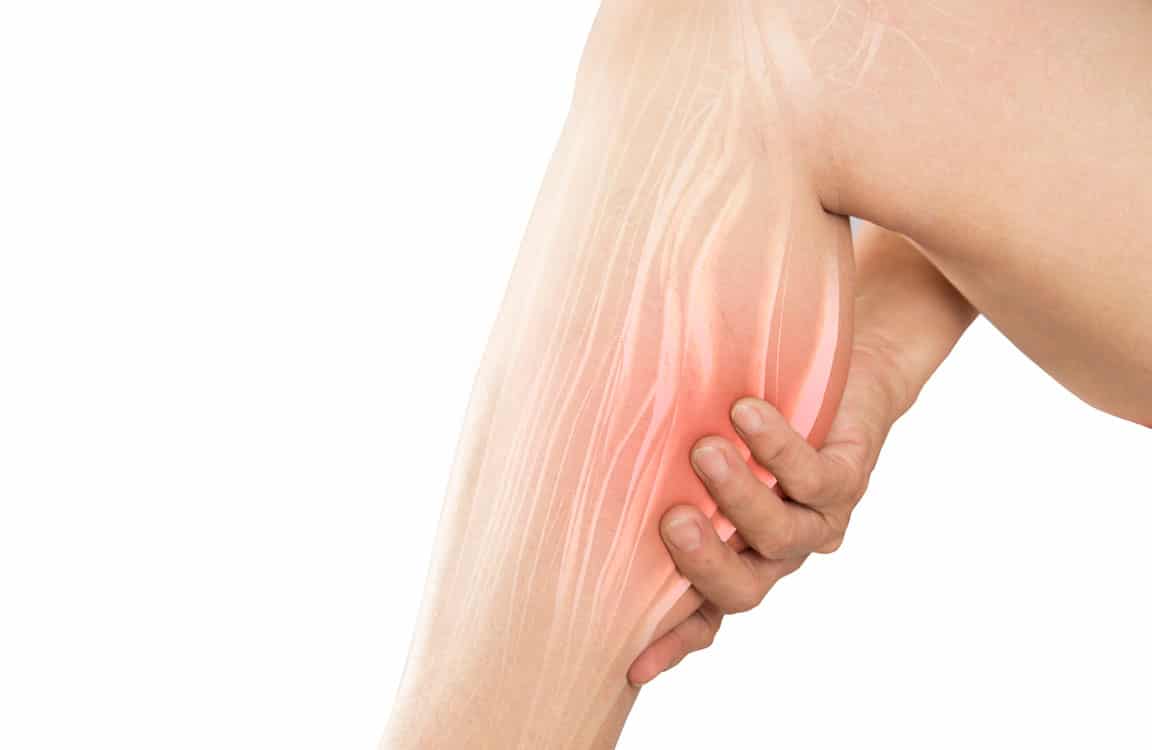 What is Muscle Spasm?
What is Muscle Spasm? 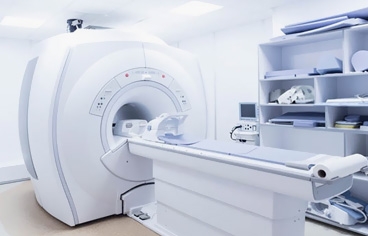 What is MRI? How to Take an MRI with Medication? Is It Harmful?
What is MRI? How to Take an MRI with Medication? Is It Harmful?  What are the Causes of Diarrhea and Vomiting? How to Treat?
What are the Causes of Diarrhea and Vomiting? How to Treat? 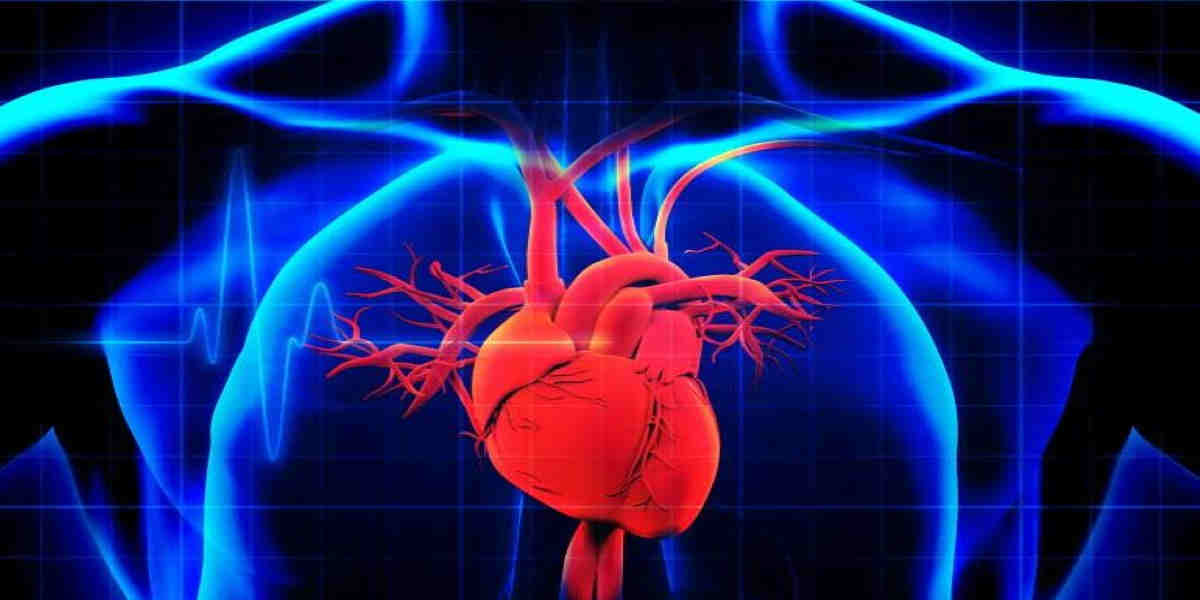 What is Heart Failure? What are its stages? How to Treat?
What is Heart Failure? What are its stages? How to Treat?
